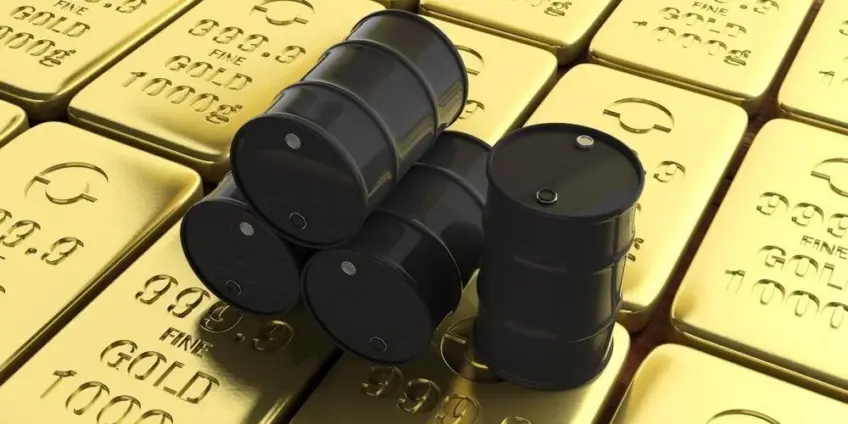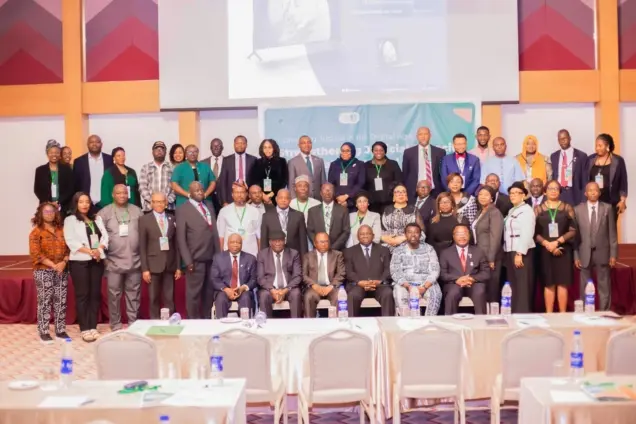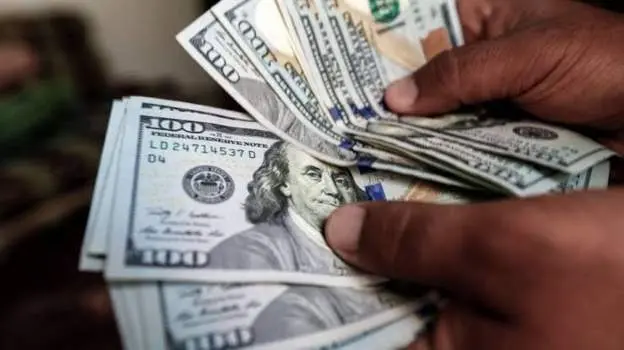The specter of economic collapse loomed large over Ghana, according to Dr. Mahamudu Bawumia, former Vice President, during his recent Thank You Tour in the UK. He asserted that the nation narrowly averted disaster thanks to the implementation of the Gold-for-Oil Program. This initiative, spearheaded by Dr. Bawumia during his tenure, aimed to stabilize Ghana’s economy by trading gold for petroleum products, thereby reducing reliance on foreign currency reserves. The success and impact of the Gold-for-Oil Program has become a focal point of political debate, with proponents highlighting its benefits and critics questioning its long-term sustainability.
This article delves into the specifics of Dr. Bawumia’s claims, examining the data he presents in support of the Gold-for-Oil Program. It will also consider counter-arguments, particularly those advanced by the National Democratic Congress (NDC), to provide a balanced and comprehensive analysis of the program’s actual impact on Ghana’s economic landscape. Did the Gold-for-Oil Program truly save Ghana from collapse, or were other factors at play?
Dr. Bawumia’s central argument revolves around the idea that the Gold-for-Oil Program provided essential economic support during a period of profound crisis. He stated plainly, “If we had not instituted the gold purchase program as well as the gold-for-oil program, our economy would have collapsed.” According to him, without the program, Ghana would have struggled to secure the $5 billion he believes was necessary to stabilize the economy, potentially leading to dire consequences.
The strategic advantage of using gold, according to Bawumia, lies in its unique characteristics. Unlike commodities such as cocoa, timber, or even oil itself, acquiring gold doesn’t necessarily require foreign exchange. It can be obtained either through domestic mining operations or by purchasing it with cedis, streamlining the process and reducing the drain on Ghana’s foreign reserves. This is a key difference from exporting goods to earn foreign exchange, a process that can be subject to global market fluctuations and external economic pressures.
Dr. Bawumia emphasized the scale of the gold purchases, noting that the Bank of Ghana acquired $5 billion worth of gold in just two years. To put this in perspective, he contrasted it with the International Monetary Fund’s (IMF) $3 billion loan, which came with stringent conditions and requirements. The implication is that the Gold-for-Oil Program provided a more direct and readily available source of financial support, without the attached constraints typically associated with international lending.
Bawumia has been critical of the NDC’s record regarding gold reserves. He has stated that “They have been in office so far, they’ve not even increased it by one ton, not a single one ton.” This criticism underscores the importance Bawumia places on building up Ghana’s gold reserves as a strategic asset for maintaining currency stability and buffering against economic shocks.
Historically, Ghana’s gold reserves remained relatively stagnant at 8.7 tons for 65 years following independence. However, Bawumia points to the fact that the NPP increased these reserves to 30 tons in just two years. According to Bawumia, this increase provided significant backing for the cedi, contributing to its stability during a turbulent period. This is a tangible example, according to Bawumia, of the NPP’s commitment to strengthening Ghana’s economic foundations.

Addressing claims that the cedi’s recent appreciation is attributable to the policies of the current administration, Bawumia is dismissive. “If you are to the NDC to point out exactly what policy they have implemented that has resulted in the appreciation of the cedi. They cannot tell you one,” he stated. He argues that the NDC cannot credibly attribute the currency’s improvement to their actions, particularly given that the current budget was recently passed and no substantial contracts or payments have been executed under it.
Bawumia contends that external factors, rather than specific NDC policies, are primarily responsible for the cedi’s appreciation. He points to the weakening US dollar, which has provided a boost to other currencies, including the Zambian Kwacha. Additionally, he suggests that reduced government spending, stemming from unpaid Independent Power Producers (IPPs) and contractors, has lessened the pressure on the currency. These external factors, combined with the groundwork laid by the previous administration, are, in Bawumia’s view, the key drivers of the cedi’s recent performance.
Ultimately, Bawumia argues that the policies implemented by the previous administration, including the Gold-for-Oil Program, laid the foundation for the current currency stability. While he acknowledges that the current government’s management will play a crucial role in maintaining this stability, he believes that the NPP’s groundwork was essential in creating the conditions for the cedi’s appreciation.
In summary, Dr. Bawumia maintains that the Gold-for-Oil Program was instrumental in preventing economic collapse and stabilizing the cedi. He emphasizes the program’s unique advantages in securing essential resources without relying on foreign exchange and criticizes the NDC’s record on building gold reserves. The legacy of the Gold-for-Oil Program and its potential long-term effects on Ghana’s economic resilience remains to be seen, contingent on the actions of the current government, but Bawumia strongly believes it was a vital intervention.
Image Source: MYJOYONLINE






















